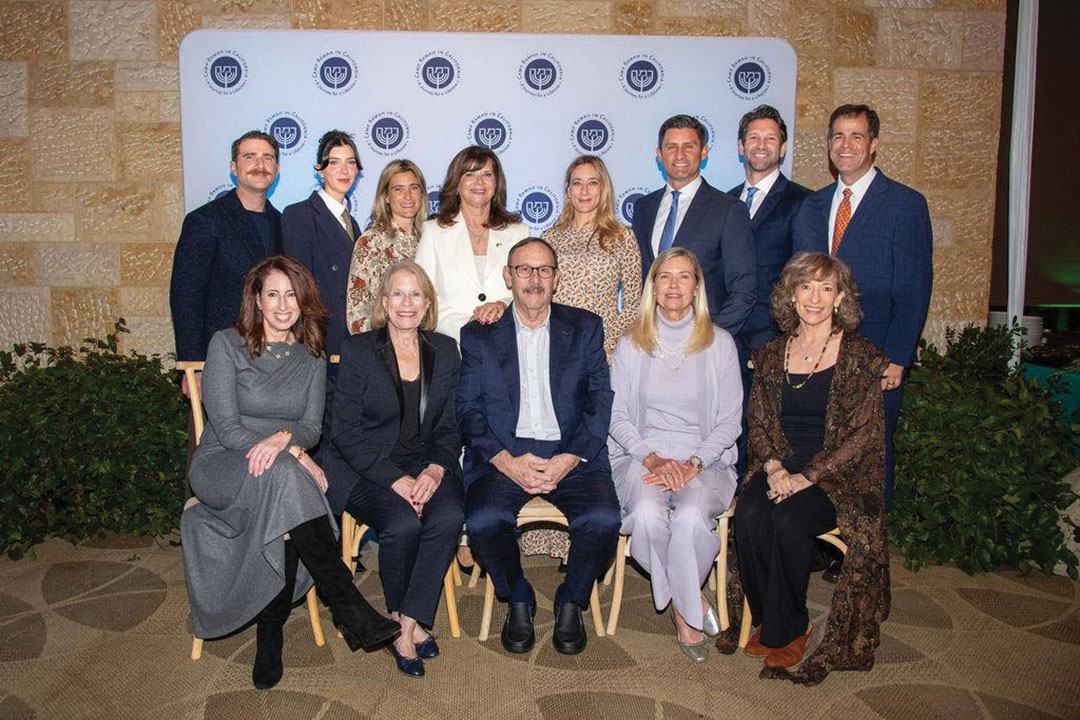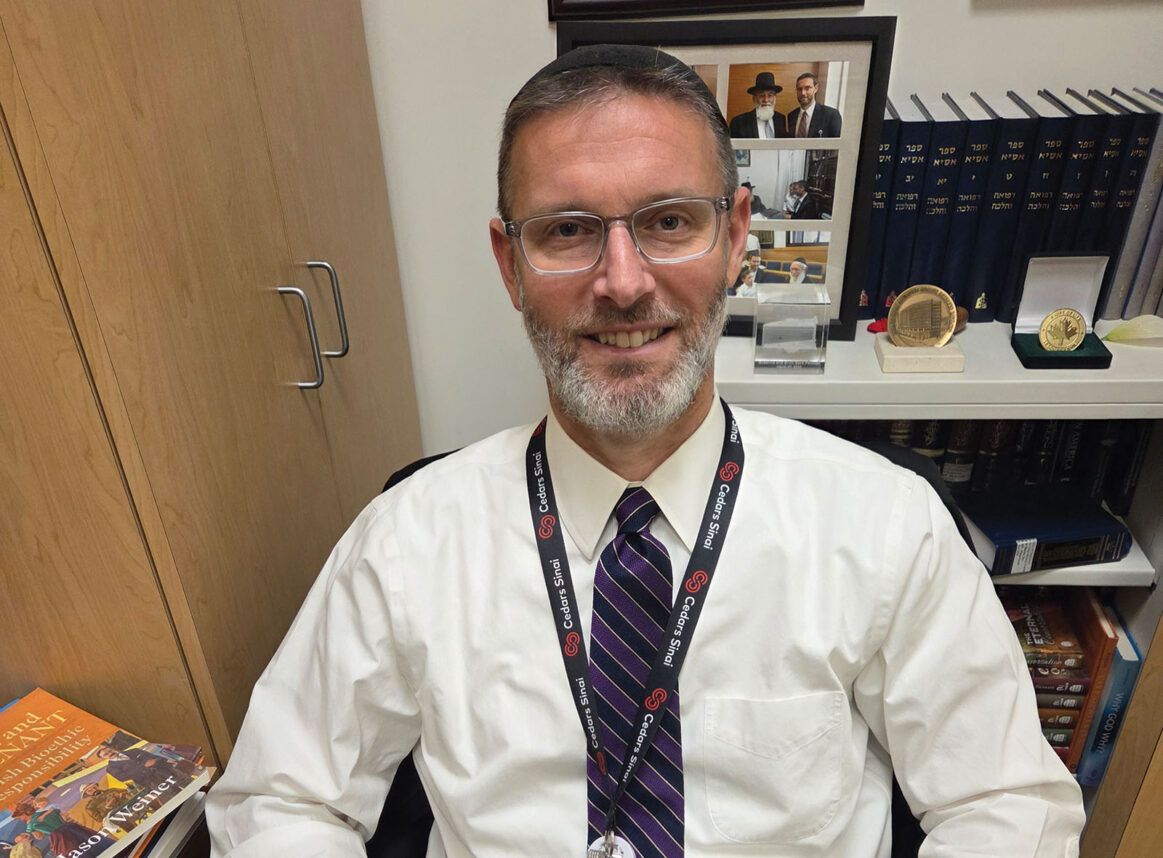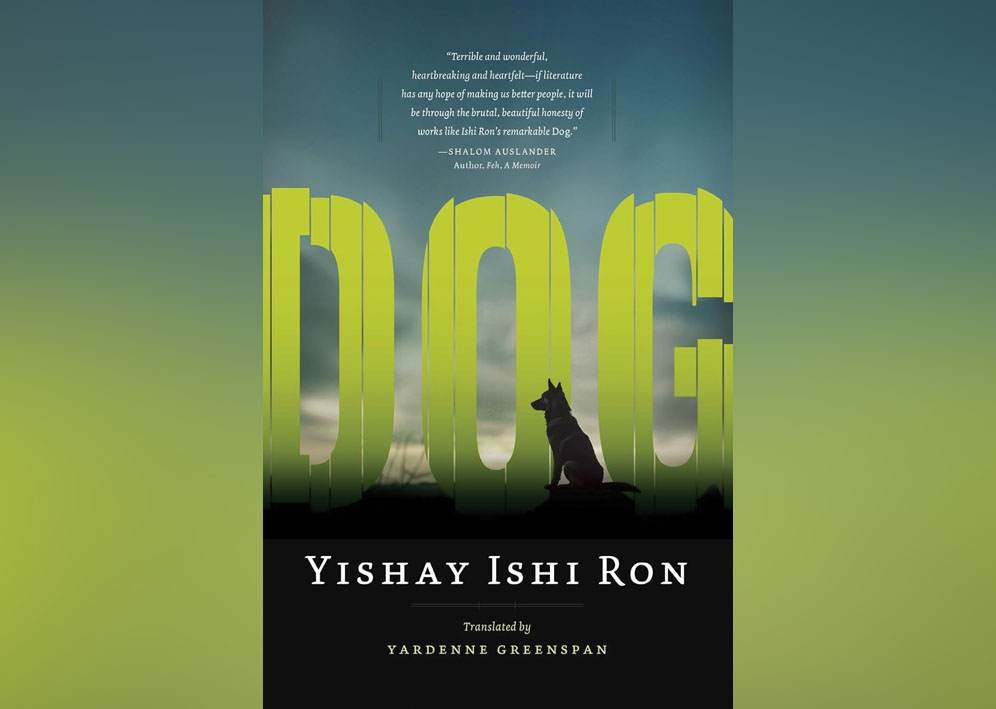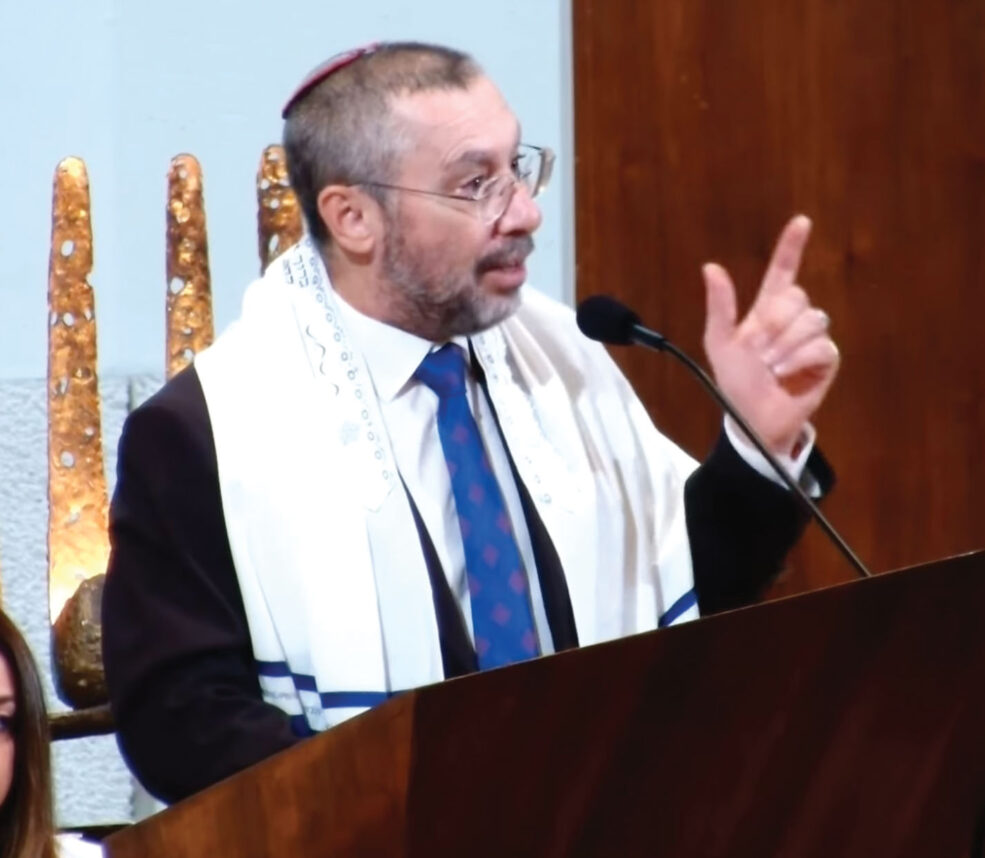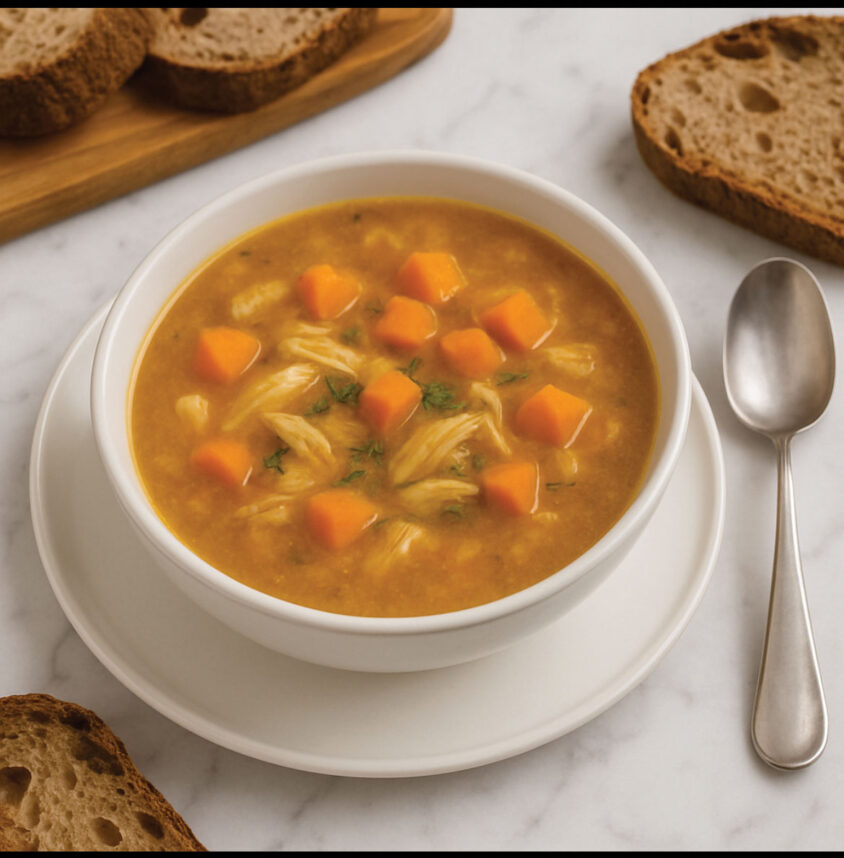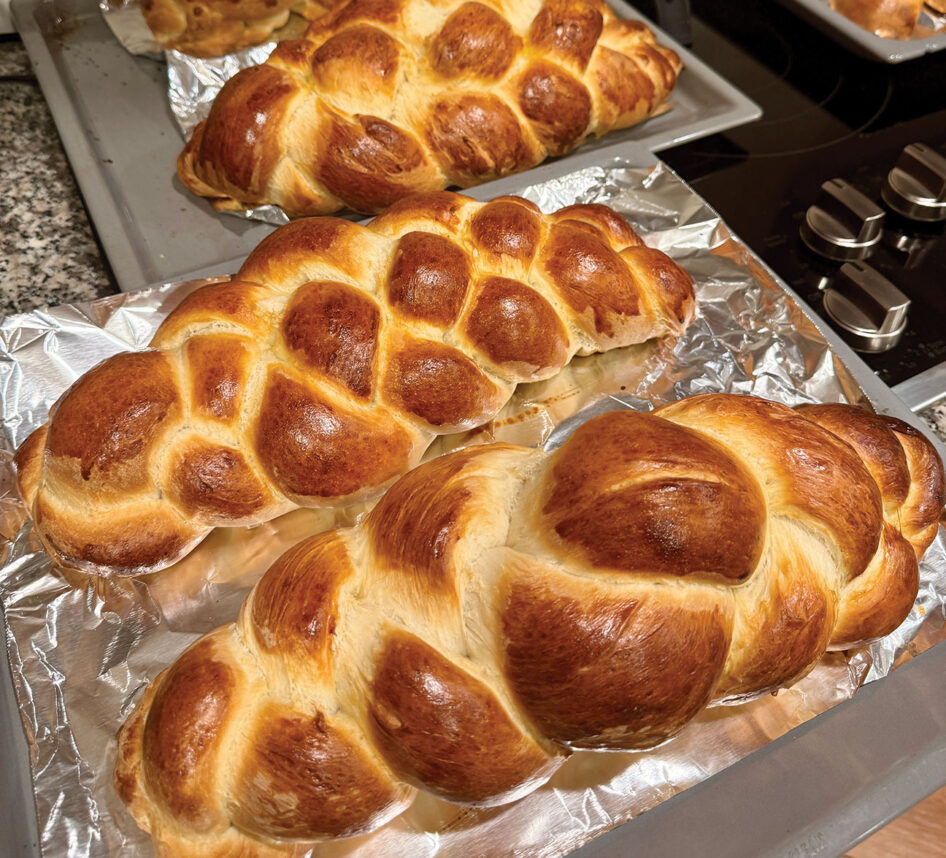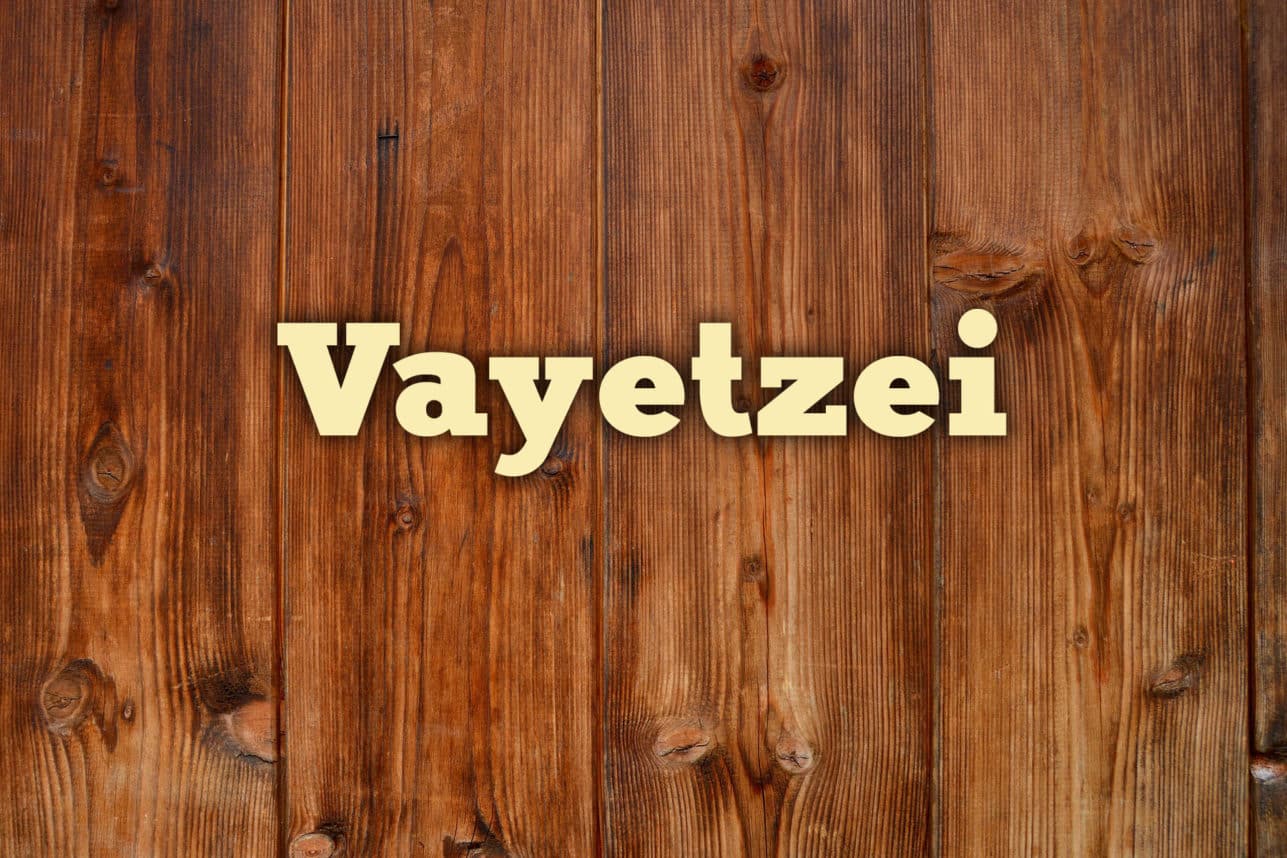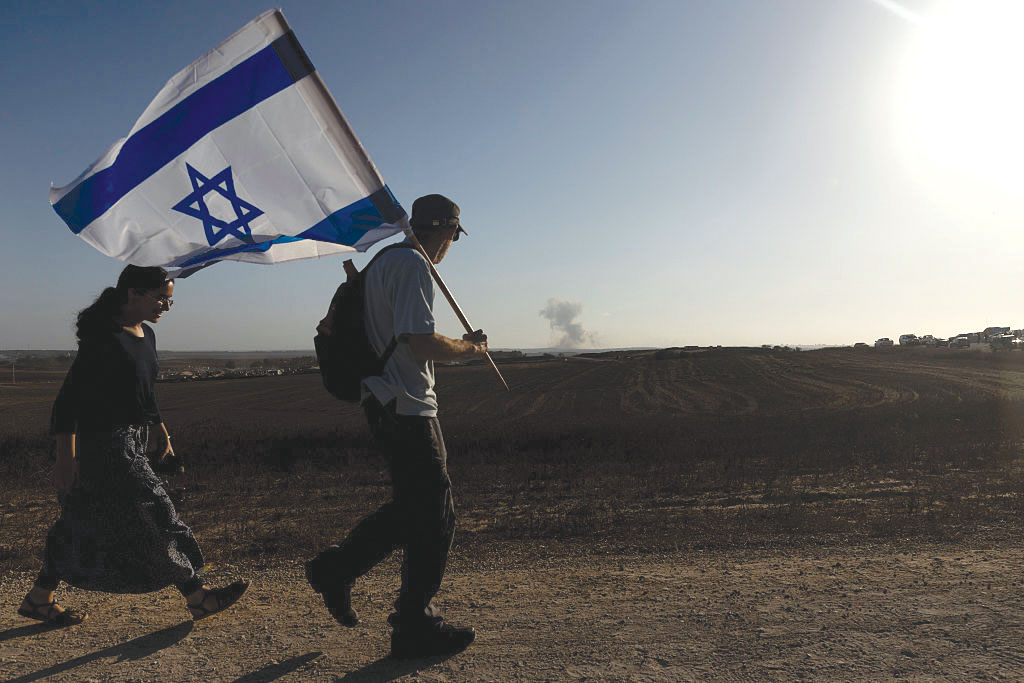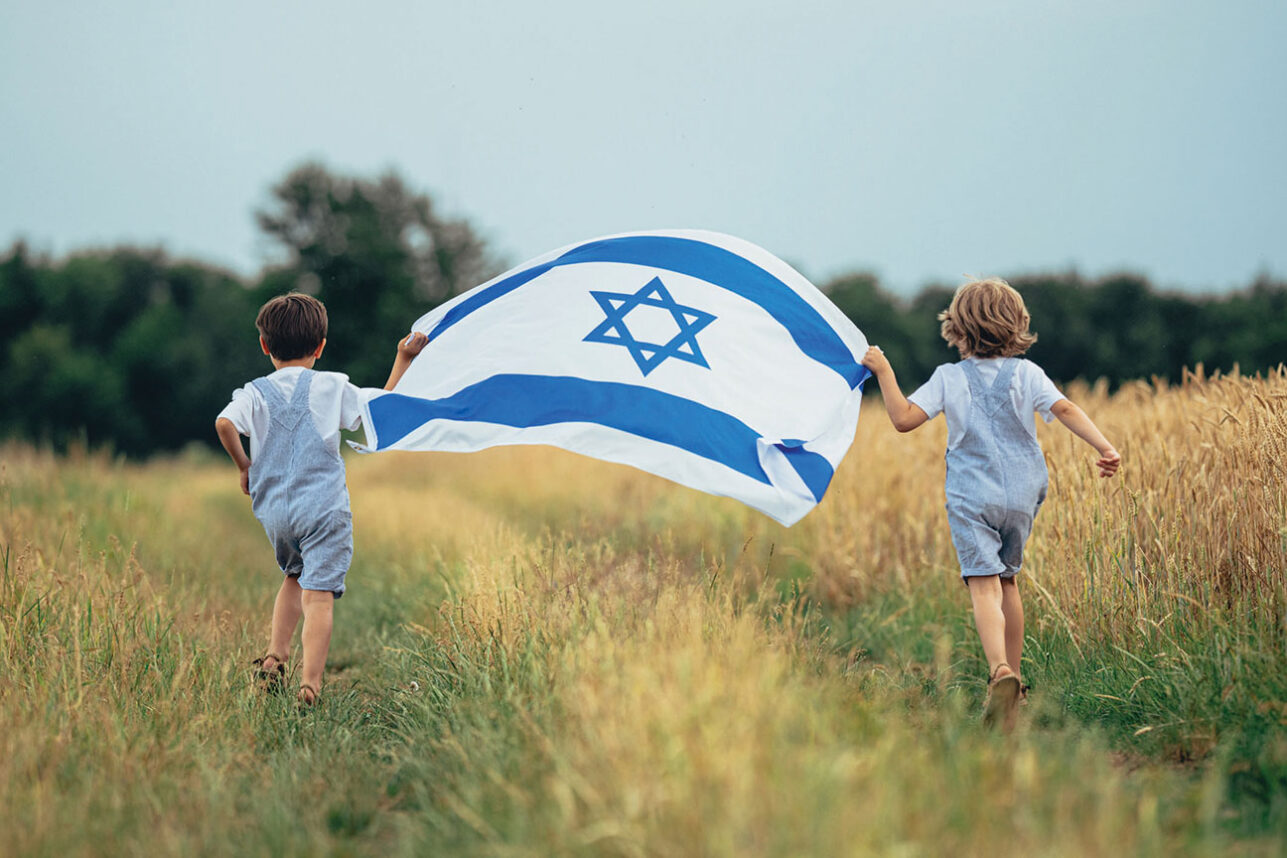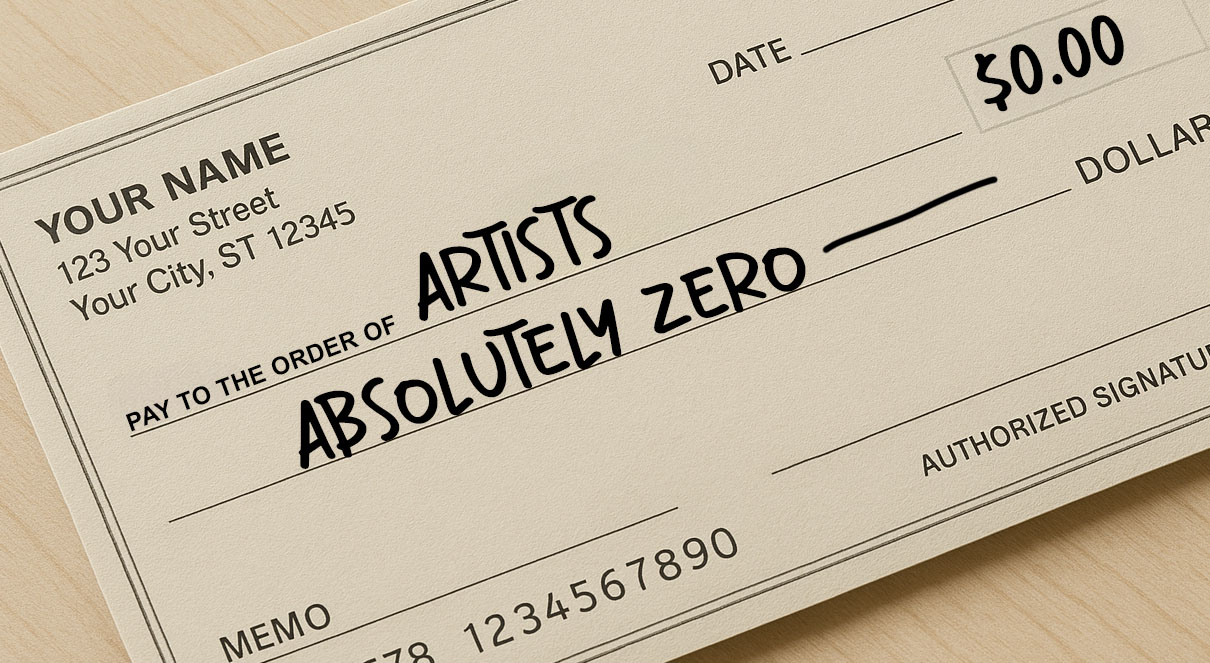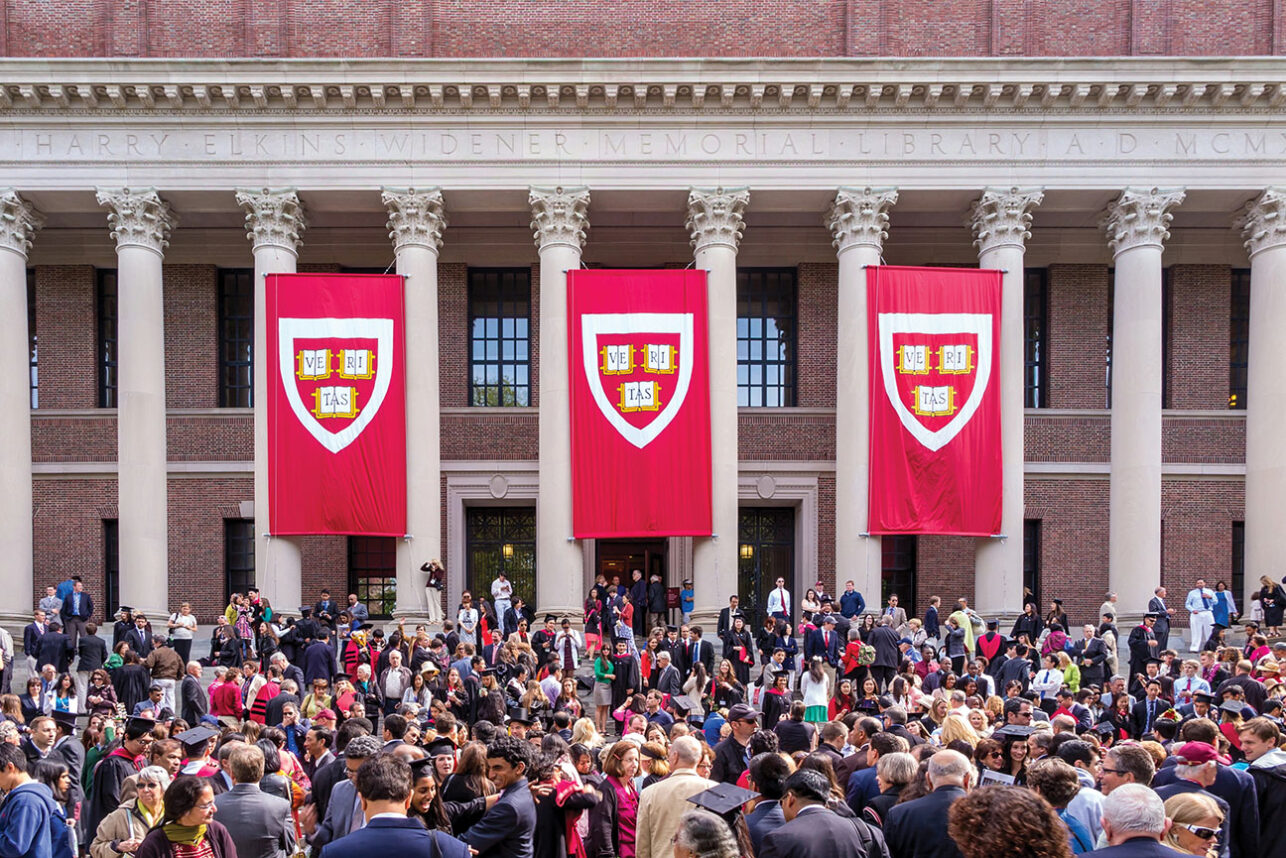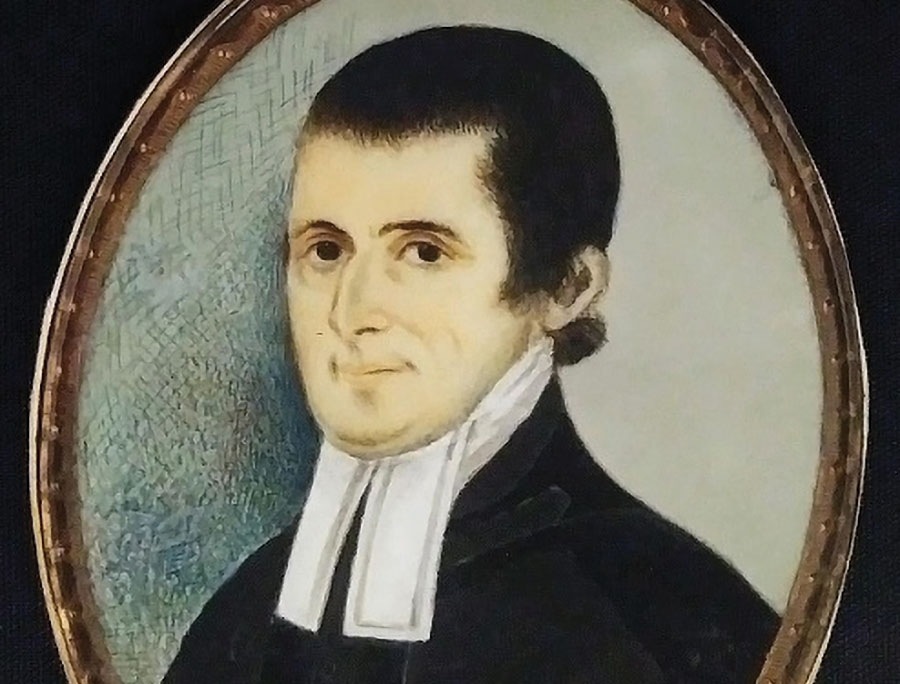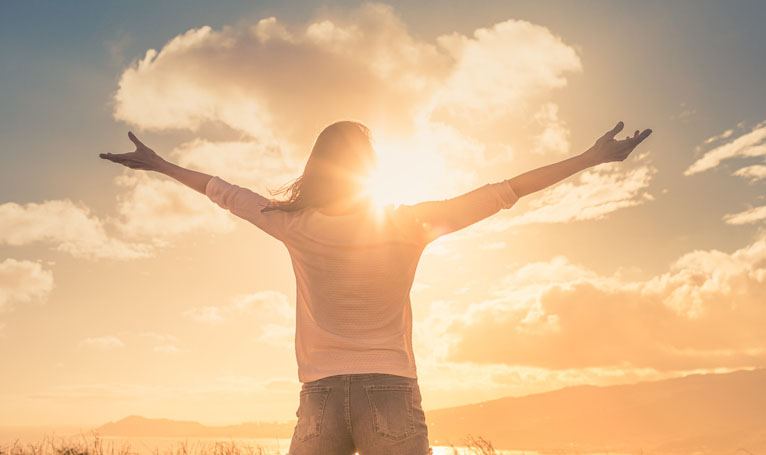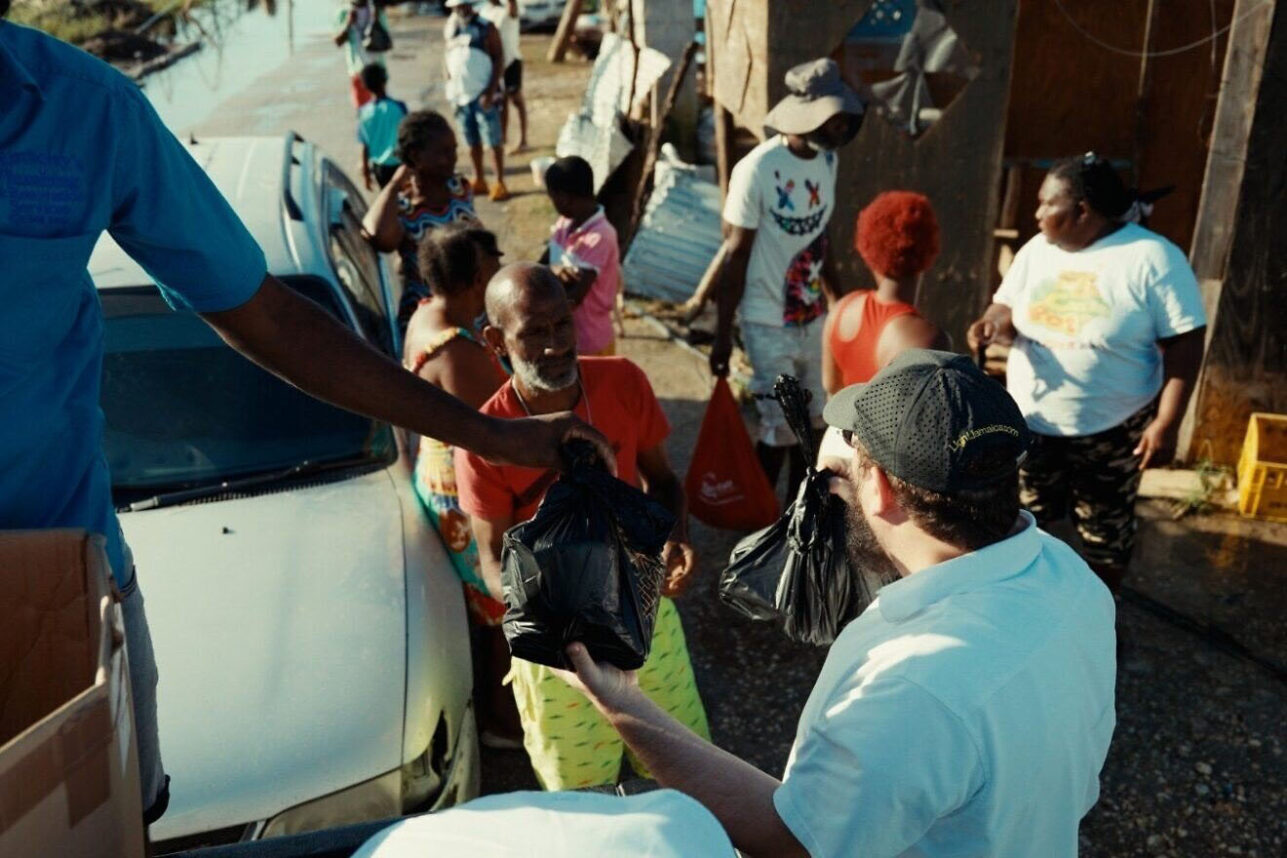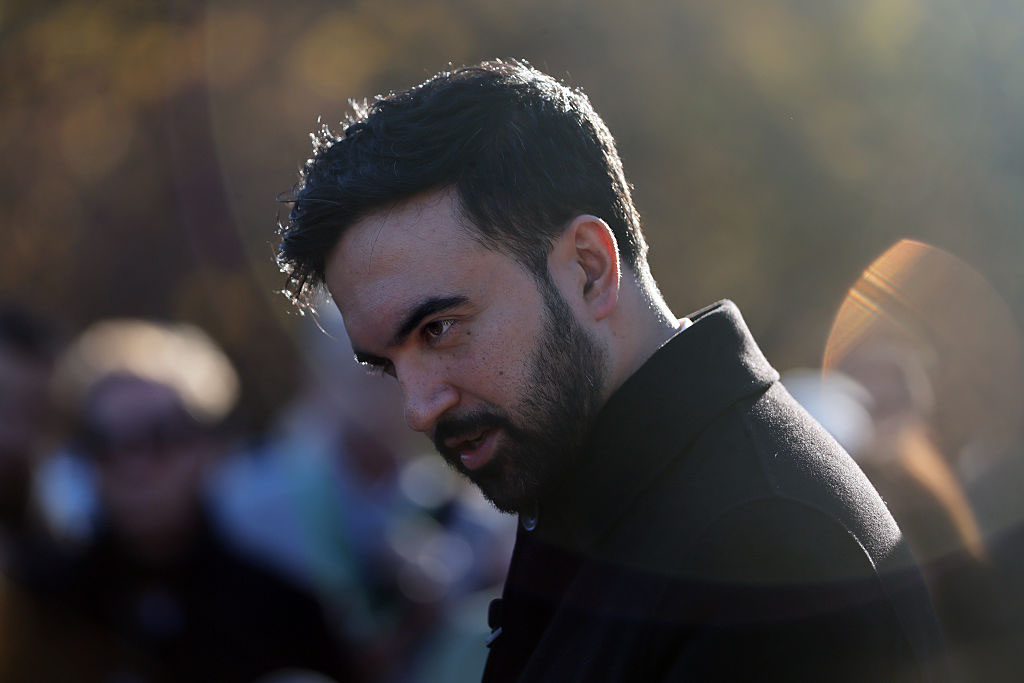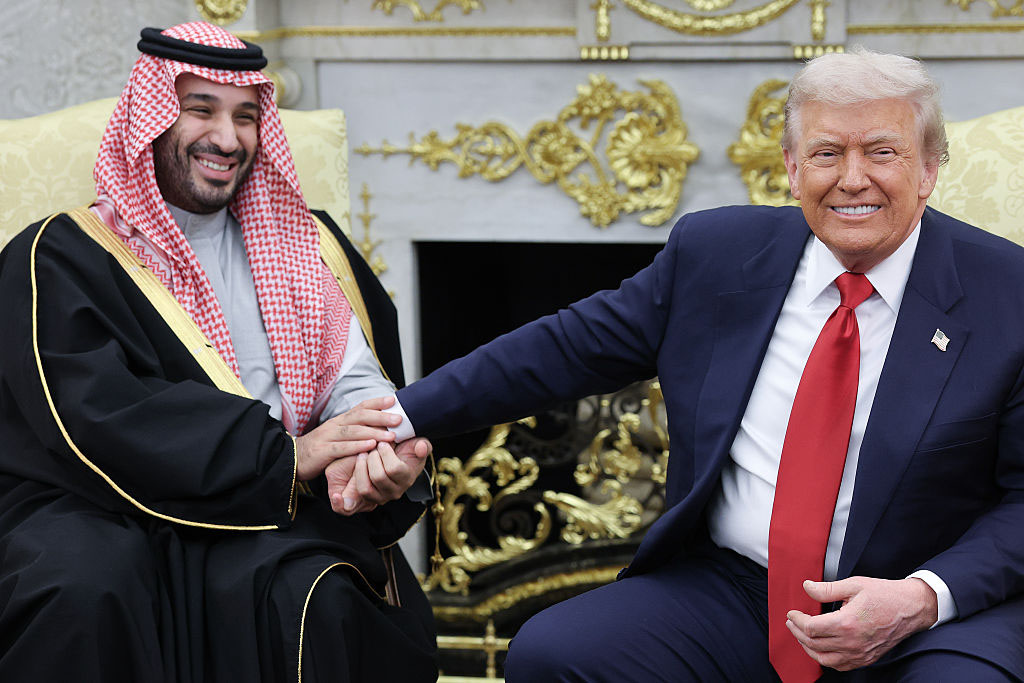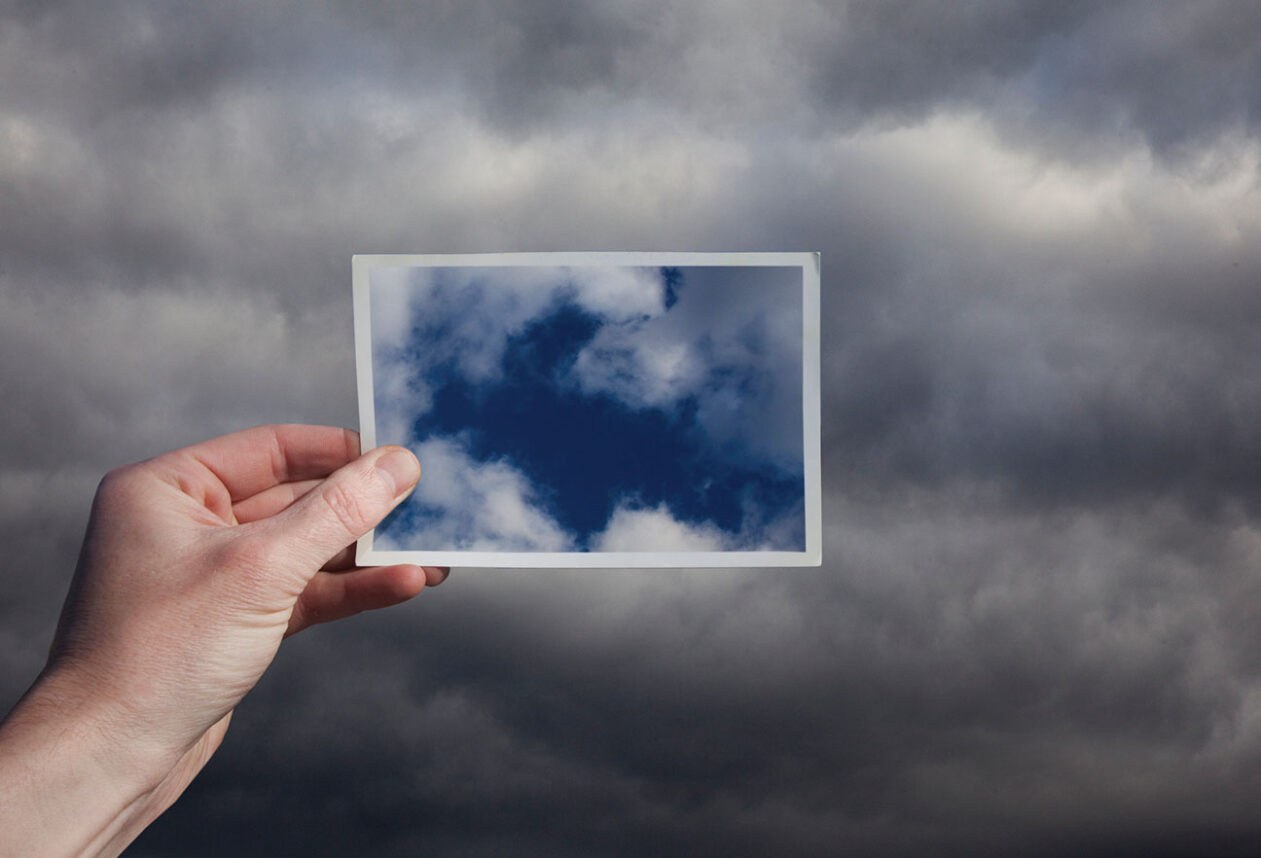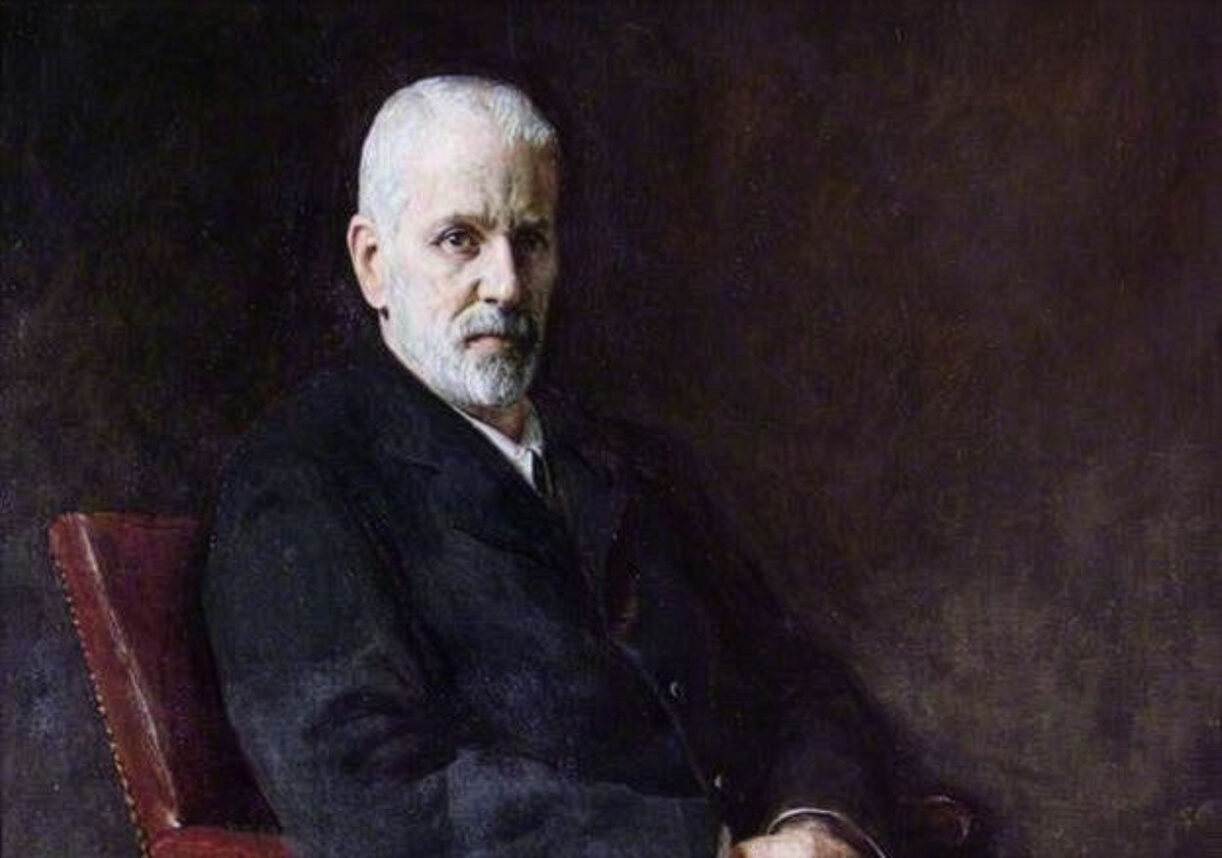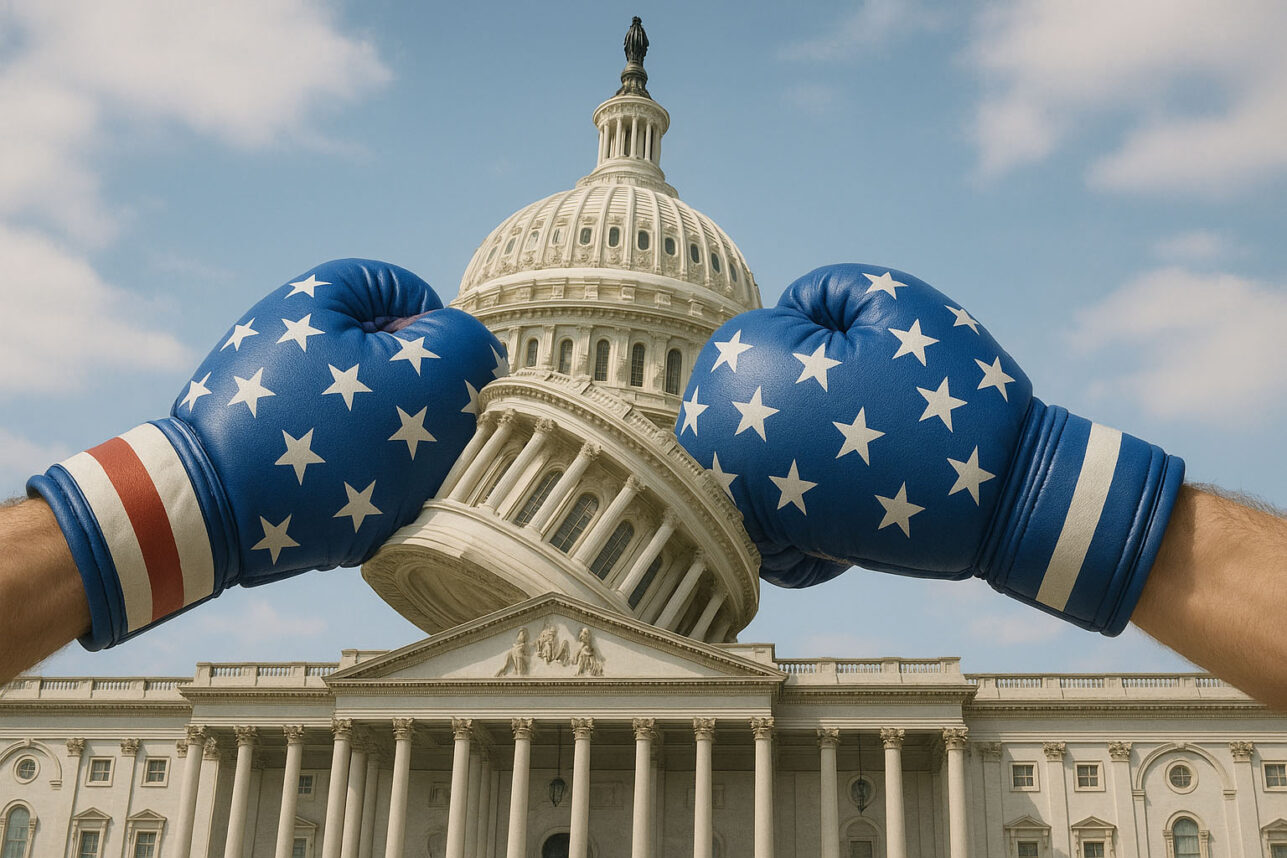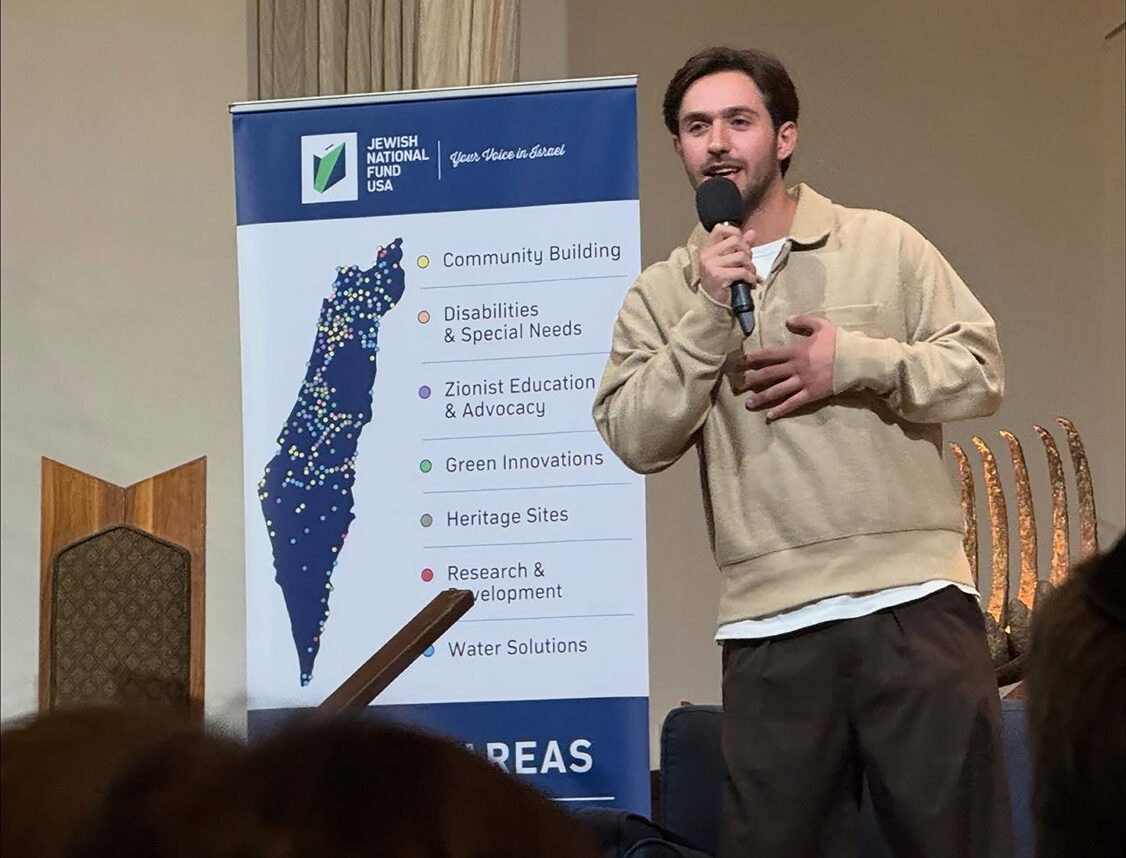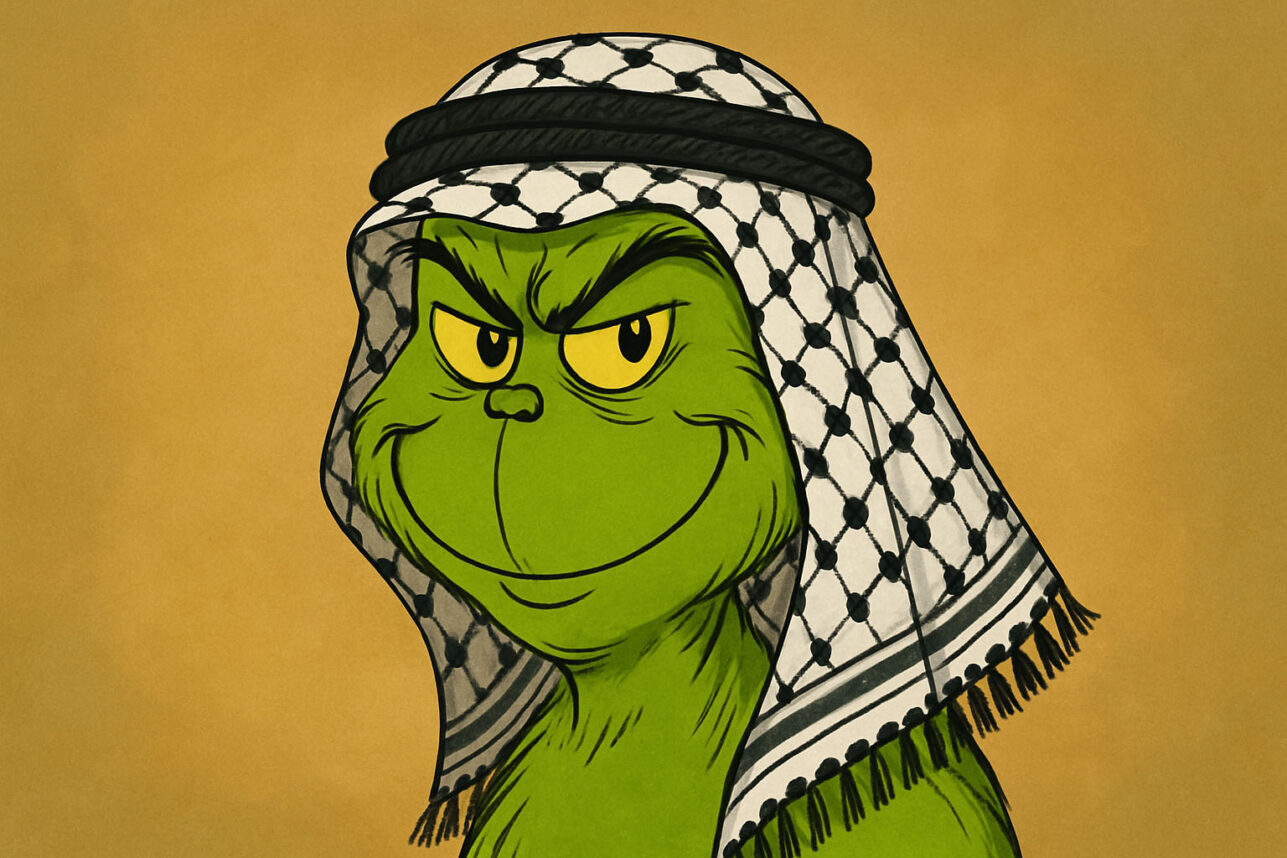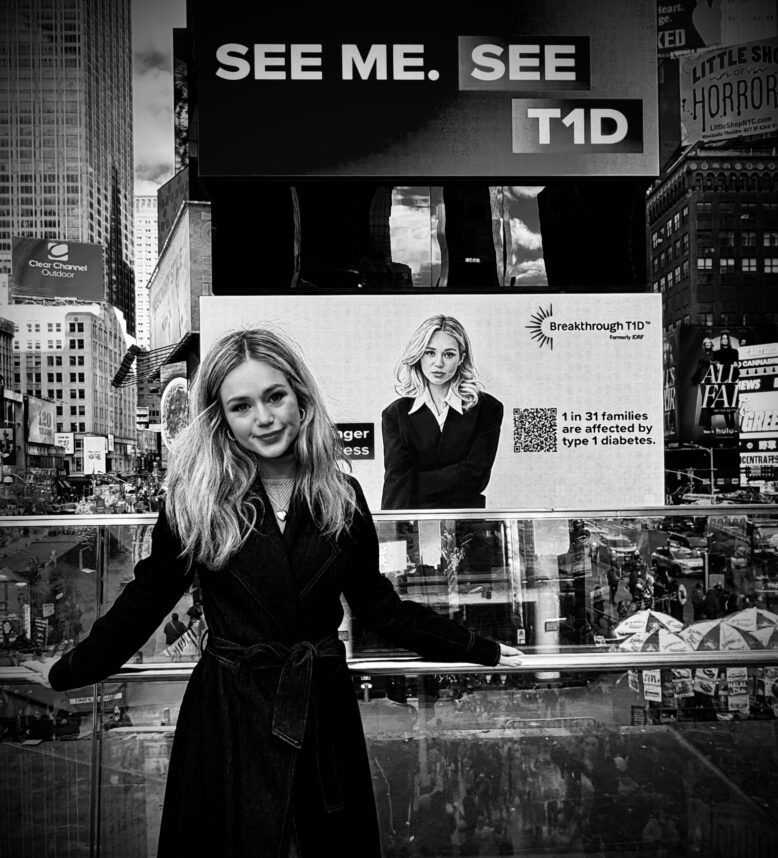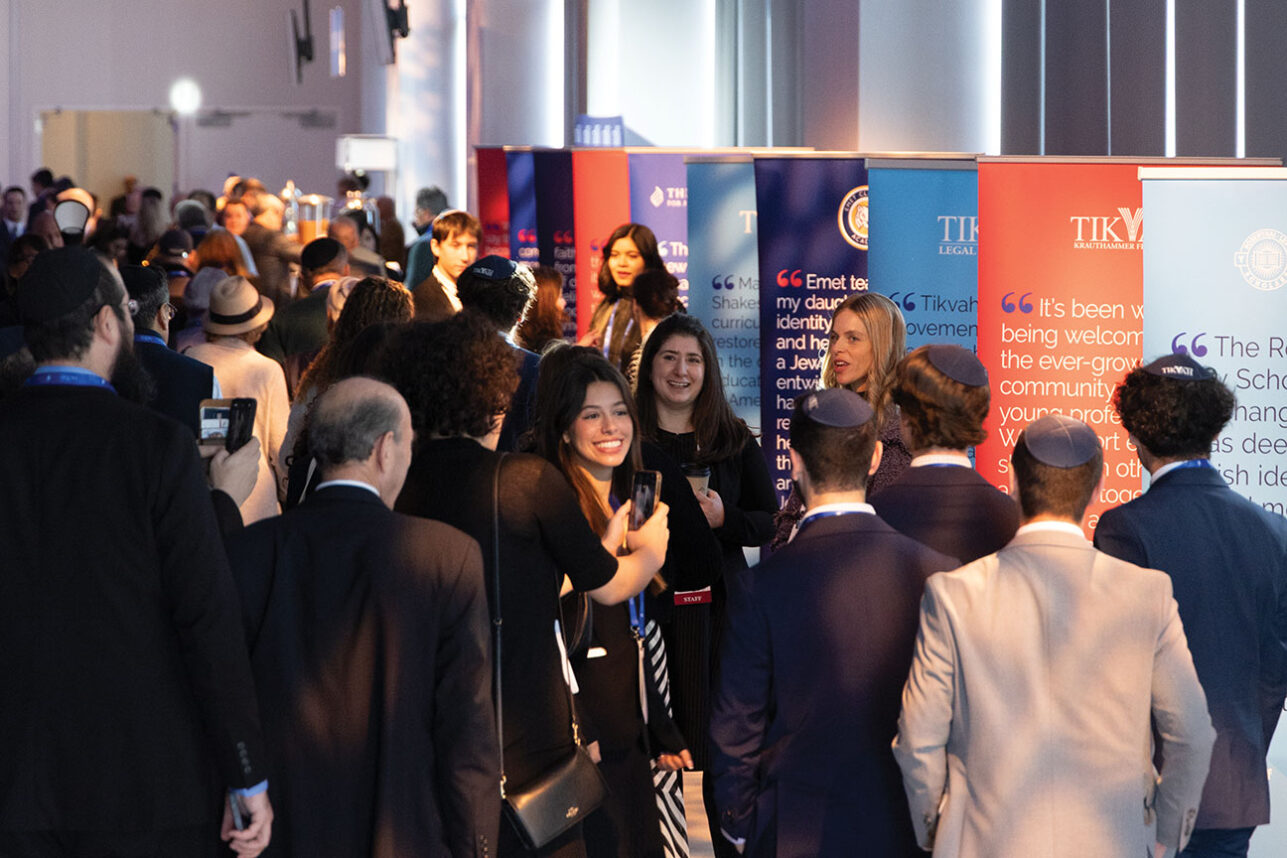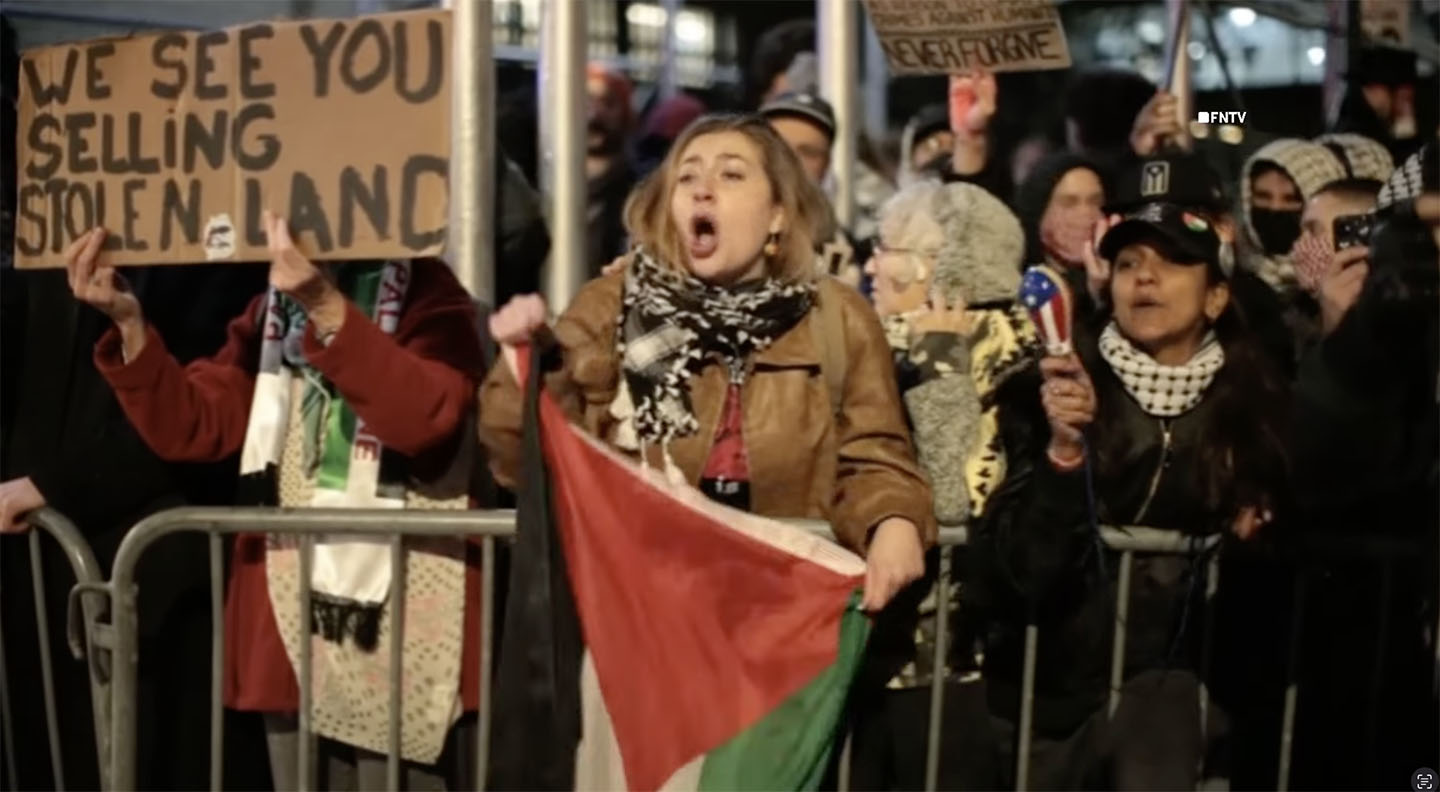
Julia Knobloch’s path to the rabbinate was paved with poetic insights. These have widened her understanding of the Torah, both for her and now her new congregation at Temple Beth El in San Pedro.
“Even though poetry often is portrayed as being this unrevealed, mysterious thing,” she said, “it’s just like Torah: There are aspects unrevealed, but we are trying to make meaning out of them.”
There’s a lot of overlap, she said. “The more I was studying Judaism, especially Torah, thinking about what I would be teaching as a rabbi, the more I saw parallels between Judaism and poetry. I think Judaism is a big poem.”
Ordained last spring by Hebrew Union College, Knobloch was promptly hired by 122-year-old Temple Beth El, San Pedro, which had been seeking the right fit for two years. They were so impressed by the writer/filmmaker and award-winning poet, they offered her a four-year contract.
Born to a non-Jewish family in Germany, she graduated from the University of Heidelberg, lived briefly in Berlin, then decided to see the world. “I was born in Mainz, where Rashi got his smicha,” she said. “Then I lived in a community where Rashi built his synagogue before he returned to France.” She traveled “because I always wanted to live somewhere other than Germany, to build a new life in a new world, whatever that meant.”
Knobloch sought to separate herself from her home. “For a long time,” she said, “I felt there was something else. I wanted to live in my own place, my own story.” Her decision to convert to Judaism felt inevitable.
Still, Knobloch never thought she’d one day be a rabbi in Los Angeles — or anywhere. “I was a writer and director for documentaries in TV production. I did adventure documentaries, history documentaries, largely for European broadcasters but also for National Geographic and the Discovery Channel for many years.”
The new Beth El rabbi has found herself drawn to poetry more than she was in the past. “It has come with being increasingly steeped in Judaism and with preparing for the rabbinate,” she said. “Just like a Midrash. What we do when we read Torah, and especially as a rabbi, and I bring what I find interesting, it’s about making meaning.”
In Knobloch’s soul and mind, poetry and Judaism are a happily married couple.
As a lifelong lover of language and words, she cites her favorite German poets. But only as a younger adult did it become important to her, to make meaning of what was going on in her life, and as a vessel for her artistic creativity.
Knobloch, who converted a decade ago, isn’t certain why her poetic yearnings developed. It was not encouraged at home. “My parents are proud of me, but they are not poets,” she said. She believes it came from own inner yearnings.
What about being a student in a non-Jewish environment in Germany 30 years after the Holocaust? “Of course the shadow of history was very clear, very much there,” she said. “Holocaust education was very important in elementary school education, and later in German middle school and high school. We read all the books about Anne Frank and others. I don’t know how it is now.”
Knobloch came to New York in 2009. “I always knew about the Holocaust,” she said. “But we didn’t know, and it still is true for many Germans who haven’t had a chance to look across their horizons, we didn’t know anything about Jewish life.”
When she was 15, she learned her family had remote Jewish ancestry, but “not in any way significant halachically for me or my family,” she said. “As a teenager, though, it was very significant. But I didn’t know what to do with it. I didn’t know anything about Judaism or how to learn about it. So I left it for many years.”
While in New York, Knobloch decided she would not leave this country. After obtaining her green card, she went to work for the Union for Reform Judaism.
Coincidence, she explained, brought her to these shores. She was an exchange student in Springfield, Ill., when she was 16. “It was a formative experience,” she said, “but I never intended to come back to America.”
In 2009, she was between two documentary projects, and felt “a little lost.” A friend who always wanted to live in New York had settled there, and she decided to visit her.
Her friend had a meeting with an immigration lawyer. Knobloch tagged along. While there, she thought, “If I go to another cubicle in Manhattan for 25 more years, I will be an older person, retired and disappointed. I want to give my life a different path.”
Today, Rabbi Knobloch joyfully concludes, “So many threads of my life are woven together in the rabbinate.”
Fast Takes with Rabbi Knobloch
Jewish Journal: What is the most appealing aspect of the rabbinate?
Rabbi Knobloch: To create Jewish community, to live it, to make sure it is flourishing and that people love it.
J.J.: What is your favorite music?
RK: I love Leonard Cohen.
J.J.: Your favorite childhood experience?
RK: Going to public swimming pools in Germany.









